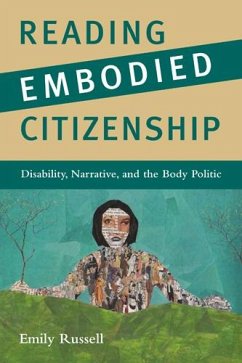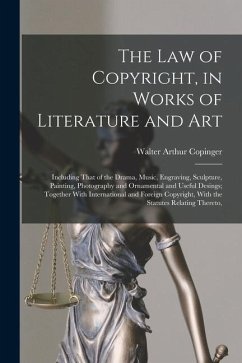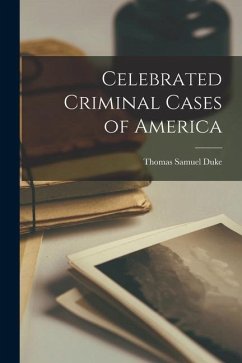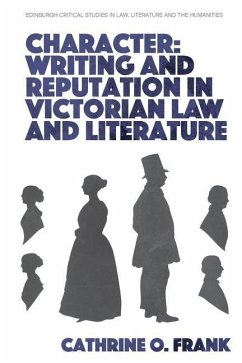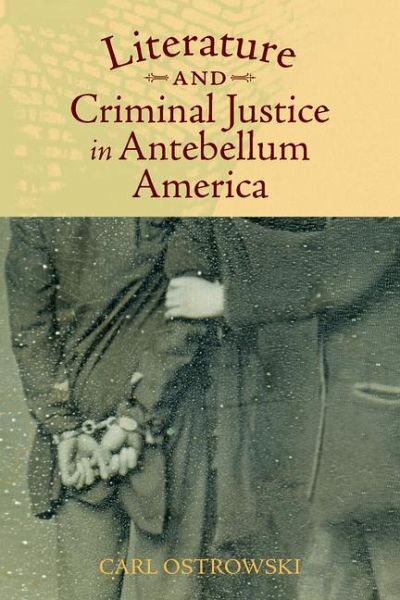
Literature and Criminal Justice in Antebellum America
Versandkostenfrei!
Versandfertig in über 4 Wochen
35,99 €
inkl. MwSt.

PAYBACK Punkte
18 °P sammeln!
The United States set about defining and reforming its criminal justice institutions during the antebellum years, just as an innovative, expanding print culture afforded authors and publishers unprecedented opportunities to reflect on these important social developments. Carl Ostrowski traces the impact of these related historical processes on American literature, identifying a set of culturally resonant narratives that emerged from criminal justice-related discourse to shape the period's national literary expression. Drawing on an eclectic range of sources including newspaper arrest reports, ...
The United States set about defining and reforming its criminal justice institutions during the antebellum years, just as an innovative, expanding print culture afforded authors and publishers unprecedented opportunities to reflect on these important social developments. Carl Ostrowski traces the impact of these related historical processes on American literature, identifying a set of culturally resonant narratives that emerged from criminal justice-related discourse to shape the period's national literary expression. Drawing on an eclectic range of sources including newspaper arrest reports, prison reform periodicals, popular literary magazines, transatlantic travel narratives, popular crime novels, anthologies of prison poetry, and the memoirs of prison chaplains, Ostrowski analyzes how authors as canonical as Nathaniel Hawthorne and as obscure as counterfeiter/poet/prison inmate Christian Meadows adapted, manipulated, or rejected prevailing narratives about criminality to serve their artistic and rhetorical ends. These narratives led to the creation of new literary subgenres while also ushering in psychological interiority as an important criterion by which serious fiction was judged. Ostrowski joins and extends recent scholarly conversations on subjects including African American civic agency, literary sentimentalism, outsider authorship, and the racial politics of antebellum prison reform.



